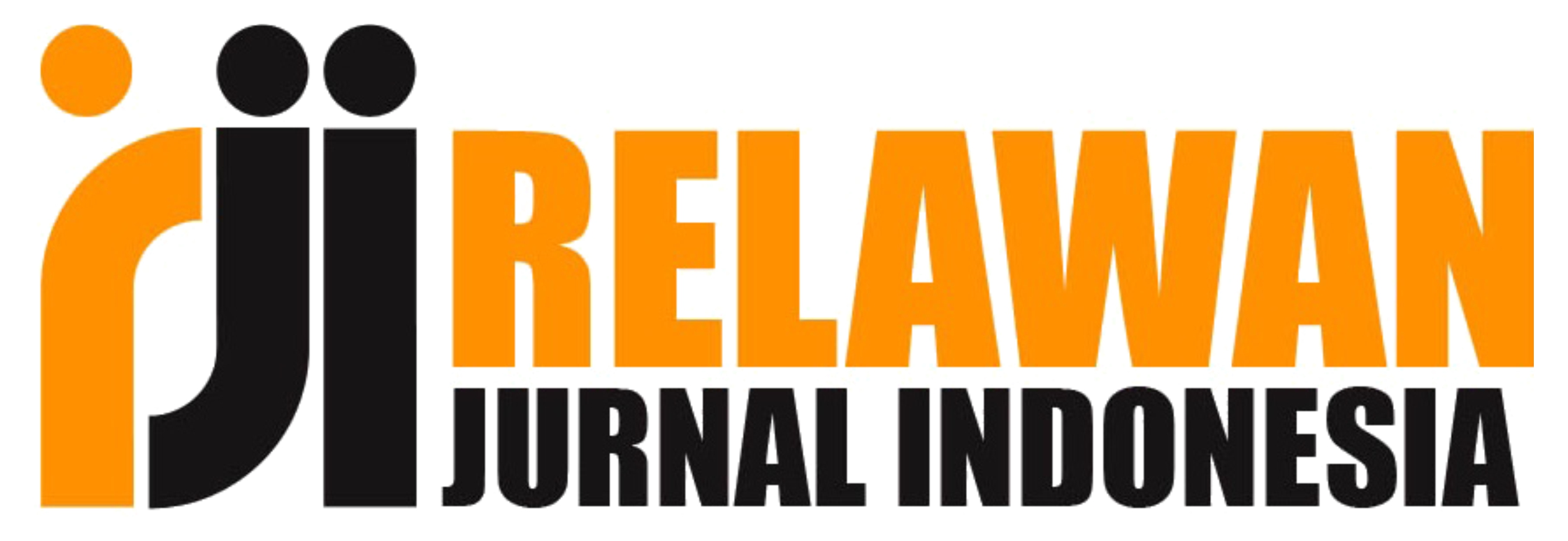Upaya meningkatkan hasil belajar IPS melalui strategi peer lessons pada Siswa Kelas IV di SDN 2 Kalangsari
DOI:
https://doi.org/10.61476/wwwrz230Keywords:
learning outcomes, social studies learning, Peer Lessons learning strategiesAbstract
Based on initial observations showing low student learning outcomes, classroom action research was conducted on class IV students at SDN 2 Kalangsari. The average score on student test results in social studies learning is still below the minimum completeness criteria (KKM) set by the school, namely 75. In the 2022–2023 school year, the aim of this research is to improve social studies learning. learning outcomes of class IV students at SD Negeri 2 Kalangsari, Tasikmalaya City by implementing the Peer Lessons learning strategy. Classroom action research is this type of research. The research subjects were 12 male and 6 female students in class IV of SD Negeri 2 Kalangsari, Tasikmalaya City in the even semester of the 2022–2023 academic year. This research was carried out in 2 cycles, with 2 meetings in each cycle. Tests and observations are the methods used in data collection. As many as 75% of students who took part in the learning process met the Minimum Completeness Criteria (KKM), namely 75. This increase in social studies learning outcomes is a sign of research success. Research findings show that implementing peer lessons learning strategies improves social studies learning outcomes. After the first cycle of action, 7 students (38.89%) did not complete, while 11 students (61.11%) achieved completion. After cycle II activities, there were 3 students (16.67%) and 15 students (83.33%) who had not completed their studies. Based on the research findings, it can be said that the researcher has a clear understanding of the classroom environment. Therefore, researchers and class teachers work together to develop action plans that can improve social studies learning outcomes for class IV students.
Downloads
References
Etin Solihin. (2007). Cooperative Learning Analisa Model Pembelajaran IPS. Jakarta: Bumi Aksara.
Hidayati, dkk. (2006). Pengembangan pendidikan IPS SD. Jakarta: Depdiknas.
Hisyam Zaini, dkk. (2009). Strategi Pembelajaran Aktif. Yogyakarta: CTSD
Kasihani Kasbolah. (1999). Penelitian Tindakan Kelas (PTK). Jakarta: Depdikbud.
Mel Silberman. (2009). Active Learning. Yogyakarta: YAPPENDIS
Oemar Hamalik. (2001). Proses Belajar Mengajar. Jakarta: Bumi aksara
Rochiati Wiriaatmadja. (2006). Metode Penelitian Tindakan Kelas untuk Meningkatkan Kinerja Guru dan Dosen. Bandung: Remaja Rosdakarya.
Sadirman. (2005). Prinsip-prinsip dan Teknik Evaluasi Pengajaran. Bandung: Remaja Rosdakarya.
Soemantri, dkk. (2001). Konsep Dasar IPS. Jakarta: Pusat Penerbitan Universitas Terbuka.
Sudjana. (2004). Media Pengajaran. Jakarta: Algensindo.
Suharsimi Arikunto. (2006). Penelitiam Tindakan Kelas. Jakarta: PT. Bumi Karsa
Suprayekti. (2003). Interaksi Belajar Mengajar. Jakarta: Depdiknas.
Syaiful Bahri. (1999). Perkembangan Anak Didik Dalam Interaksi Edukatif. Jakarta: Rineka Cipta.
Uzer Usman. (2010). Menjadi Guru Profesional. Bandung: PT Remaja Rosdakarya.
Warni Rasyidin. (2009). Proses Belajar Mengajar. Bandung: Remaja Rosdakarya.
Wina Sanjaya. (2005). Pembelajaran Dalam Implementasi Kurikulum Berbasis Kompetensi. Jakarta: PT Kencana Prenada Media Group.
Zainal Aqib. (2010). Penelitian Tindakan Kelas. Bandung: Krama Widya
Published
Issue
Section
License
Copyright (c) 2023 Mochammad Delfianova Kirana, Yus Darusman, Febri Fajar Pratama

This work is licensed under a Creative Commons Attribution-ShareAlike 4.0 International License.












